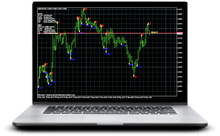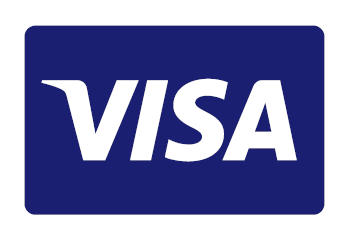Liquidity
Liquidity
Liquidity is a measure of how easy it is to convert a financial asset into cash with no change to its market price. Cash is considered the most liquid asset because you can quickly turn it into other assets.
Liquid assets are the ones that you can easily sell and get your money back with no losses. These assets reduce risks for investors as they allow to react quickly to market moves. For example, they can reinvest in other assets when prices are low.
Liquidity in Forex trading
In the global financial market, currencies are generally considered the most liquid assets. Based on their liquidity, there are three major currency pair categories in the global Forex trade: majors, minors, and exotic currencies.
Major currencies are the most popular and liquid. The major currencies include the US dollar, the British pound, the euro, the Japanese yen, the Australian dollar, the Canadian dollar, and the Swiss franc.
Minor currency pairs do not not involve the US dollar. These pairs are also known as a crosses.
Exotic currency pairs are less liquid and traded with low volumes. For example, the South African rand or the Mexican peso are the exotic currencies.
In addition, there is a rule: the more popular and liquid the currency pair, the smaller the spread. The spread is a fee that a trader pays to a broker for the access to the currency market. The spread for transactions in Forex majors is usually very small or, as traders say, tight. For minor pairs the spread is higher, and for exotic currencies – the highest.
2020-05-20 • Updated











